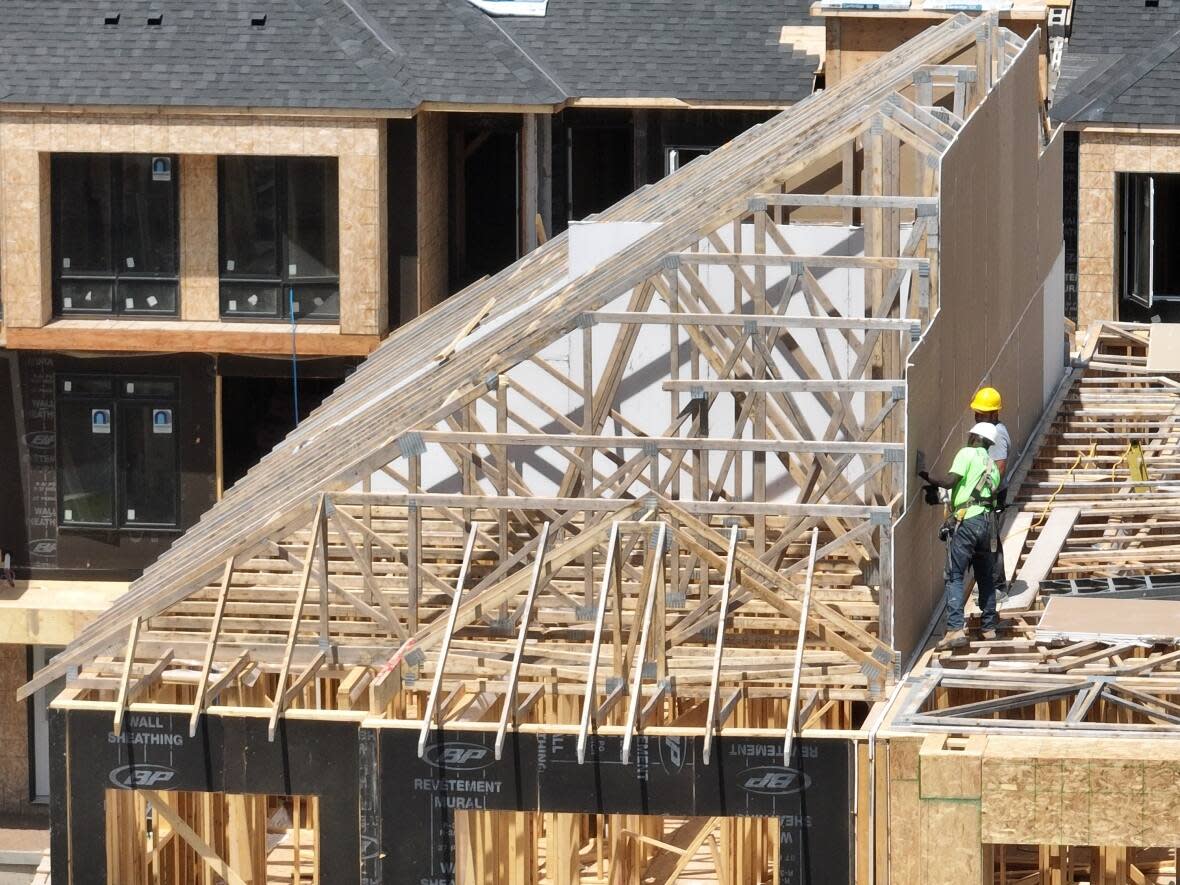Sped-up planning approvals leave residents less time to weigh in

Ottawa city staff say they need to tighten up timelines for community consultation, if they hope to meet new provincial timelines for reviewing development plans.
That recommendation was one of several approved by members of the planning committee and agriculture and rural affairs committee at their joint meeting on Tuesday, despite many councillors expressing concerns.
Staff admitted in their report that these shifts — which included hiring dozens of staff, holding extra meetings and creating a new multi-tiered pre-approval process — were not "championed" by anyone.
"Potentially it's lose-lose-lose," River ward Coun. Riley Brockington said.
"Developers see a longer process. The public is less engaged, because there's less opportunities and shortened timelines to be engaged. And the city, ultimately, will lose revenues that it needs to support the program and service," he said.
Several other councillors also expressed frustration that the More Homes for Everyone Act might create procedural hurdles without bringing the city considerably closer to its goals of growing housing stocks.
The legislation means that if the city cannot process a site plan application in 60 days — down from a current average of nearly 200 days — it will need to process an automatic refund of all or part of the fee paid by the developer.
Less flexibility for feedback
The City of Ottawa has a 28-day window for public comment, but Derrick Moodie, the city's director of planning services, said it currently works to incorporate feedback received "right up until we get to the floor of council."
That will no longer be the case.
The window will be cut in half, leaving residents 14 days to have their say, with very little possibility for staff to incorporate feedback outside of that time.
"When the public is given a window to provide a comment or outside agencies are provided that window, we really do need them to feed into that process within that window they've been provided," he said.

Somerset ward Coun. Ariel Troster said she was also "shocked" to learn that city staff will no longer attend councillor-organized public information sessions, except in what Moodie described as "exceptional circumstances" that involve controversial projects.
"I foresee a lot of legitimate community pushback if neighbours and community associations are not given the chance to be involved," she said. "It's not just adapting to these new processes. It's bringing the community on board with us."
"Even though this legislation was imposed on us, this is a fundamental shift in a citizen's ability to be involved in the way that their community is developing."
Community feedback still 'has weight'
Consultant Murray Chown weighed in on the process, saying his clients regularly bring community associations from inner-city wards in on early conversations with city staff, on the understanding that they will keep information confidential.
"I don't see that changing," he said, while suggesting that the process could be opened up to other parts of the city.
Brockington said "that's better than nothing," but community organizations cannot be a placeholder for broader engagement.

"The average Joe who lives beside a development or proposed development needs to be engaged as well. The public as a whole needs to be included in this process," Brockington said.
Laura Dudas, the councillor for Orléans West-Innes, likewise feared the legislation will mean residents — and councillors — can no longer exert any influence.
The person managing the planning department's response to the legislation, Emily Davies, assured her that's not the case.
"Community consultation, through counselor-led information sessions, through technical circulation, or through comments to committee and council still have weight."


